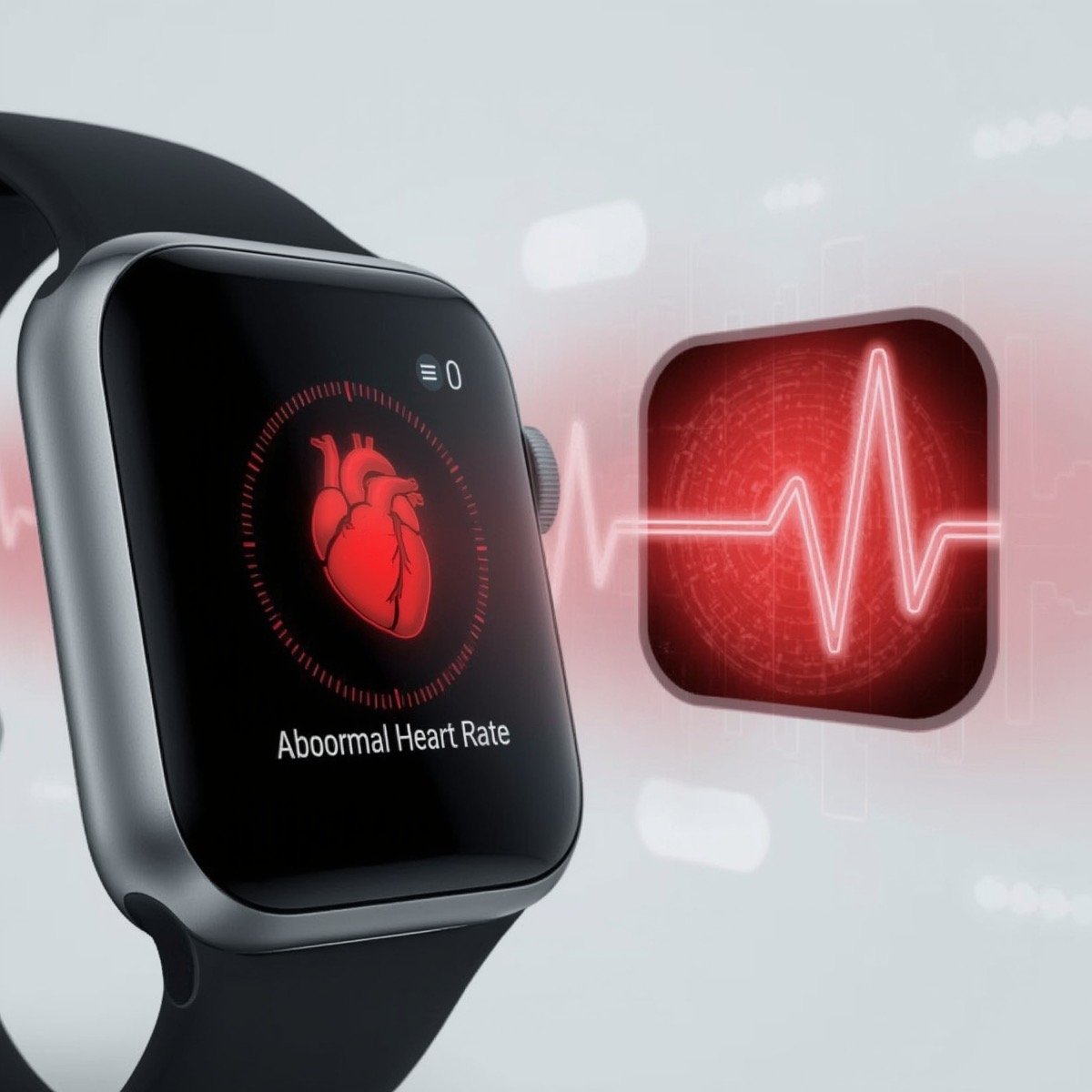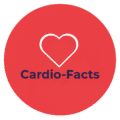
🫀 A True Story from the New England Journal of Medicine
A smartwatch heart monitor recently helped detect a hidden heart problem—before the patient even had symptoms. A new case from the NEJM shows how wearables are changing early cardiovascular screening.
Imagine wearing your smartwatch on a regular day—tracking your steps, checking your heart rate—and suddenly, your device alerts you to something… odd. That’s exactly what happened to a patient featured in a case published by the New England Journal of Medicine in June 2025. [Read the case on NEJM]
His smartwatch flagged irregular heart activity. He felt fine. But when doctors investigated further, they found signs of early cardiac damage. Six weeks later, follow-up tests showed that the condition had resolved—but the episode raised an important question:
Can your smartwatch actually detect a heart problem before you feel any symptoms?
🔬 What Did the Study Show?
This was not a large-scale trial—it was a case report, but it appeared in one of the world’s most respected medical journals.
Key facts from the case:
- The smartwatch detected autonomic changes (altered heart rate variability).
- The user had no symptoms at the time.
- Medical evaluation revealed early cardiac dysfunction.
- No arrhythmia or structural disease was found on follow-up.
- The case resolved without medication—but the wearable may have provided a crucial early warning.
📱 What Can a Smartwatch Really Detect?
Most modern smartwatches (like Apple Watch, Fitbit, Samsung Galaxy Watch, and Garmin) can monitor:
- Resting heart rate
- Heart rate variability (HRV)
- Irregular rhythms (some models can detect atrial fibrillation)
- Blood oxygen saturation (SpO₂)
- Sleep disturbances
- Activity and stress levels
Some even allow single-lead ECG recordings, which can be reviewed by doctors.
However, they are not diagnostic tools. They don’t replace your cardiologist, but they can raise red flags that prompt timely medical checks.
🧠 Why This Matters
Heart problems—especially early stages of cardiomyopathy, arrhythmia, or autonomic dysfunction—can go unnoticed for months or even years.
Smartwatches offer a non-invasive, continuous way to monitor trends in your heart’s behavior.
This case suggests they might:
- Help detect silent or early-stage cardiovascular issues
- Motivate users to seek medical evaluation
- Improve long-term outcomes through earlier interventions
🚨 Warning: Don’t Panic (Or Over-Rely)
Smartwatches are not perfect. False positives are common, especially for atrial fibrillation in younger users.
And no wearable can detect:
- Structural heart disease
- Coronary artery blockages
- Heart failure
- Valve problems
So if you get an alert, don’t panic—check in with your doctor.
💡 Takeaway: Should You Trust Your Watch?
Yes, but with caution.
Think of it like a smoke detector: it doesn’t diagnose the fire, but it gives you a heads-up that something might be wrong.
What to do:
Always follow up with a healthcare provider.
Use your smartwatch as a health companion, not a doctor.
Watch for trends: is your resting heart rate higher than usual? Is HRV dropping?
If something feels off—or if your device flags an alert—don’t ignore it.
❓ Frequently Asked Questions (FAQ)
Can smartwatches detect heart attacks?
No, smartwatches can’t detect heart attacks directly. However, they can alert you to irregular heart rhythms, elevated heart rate, or stress signals that might warrant further evaluation.
Which smartwatches are best for heart monitoring in 2025?
Top options include Apple Watch Series 9, Fitbit Sense 2, and Garmin Venu 3—all offering HRV, ECG, and SpO2 tracking.
Are smartwatch heart health readings reliable?
They’re reasonably accurate for trend tracking, but not a substitute for medical diagnostics. Always consult a healthcare provider for interpretation.
Can a smartwatch heart monitor prevent heart disease?
Not directly. A smartwatch heart monitor can’t prevent heart disease by itself, but it can help you spot early warning signs—like an unusually high heart rate, low heart rate variability, or irregular rhythms. These insights can prompt you to seek medical advice sooner, which may improve outcomes and reduce long-term cardiovascular risk.
📩 Stay informed & get your free gift!
Join our free newsletter for exclusive heart health updates and get instant access to the PDF guide “7 Proven Tips to Protect Your Heart After 40.”
⚠️ Disclaimer: The content on Cardio-Facts is for informational and educational purposes only and does not constitute medical advice. Always consult a qualified healthcare professional regarding your health. Read our full disclaimer and legal policies.
